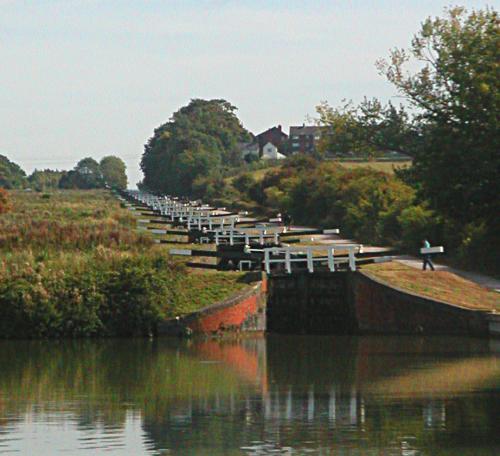Tony Blair, in his press conference yesterday:
I think ID cards have an important role to play in fighting serious crime and terrorism and tackling illegal immigration.
The Home Office has opinions on serious crime and terrorism too:
Animal rights extremists engaged in these activities [such as harrassment, intimidation, and acts of violence] should not, therefore, be surprised to find themselves treated as terrorists.
And from a BBC News story we discover a shocking abuse of trust:
A vehicle registration official who gave drivers' addresses to animal rights activists has been jailed for five months. [...]
``Dickinson accessed DVLA computer systems to look up people's registration numbers.
``The information he passed on enabled animal rights extremists to identify, intimidate and terrorise the families of people connected to the Hall family and their lawful business at Darley Oaks Farm, Newchurch.''
Whereas David Blunkett, in the House of Commons in July 2002, assured us that:
No one should fear correct identification. There is nothing to fear from the proper acknowledgement and recognition of our identity.
For reference, under the terms of the draft Bill, the planned National Identity Register will, for each person in the country, record:
- their full name;
- other names by which they are or have been known;
- date of birth;
- place of birth;
- gender;
- principal address;
- any other residential addresses;
- a photograph of their head and shoulders;
- their fingerprints;
- `other biometric information';
- various identifying numbers.
Tens of thousands of people -- some of whom will be just as willing to assist terrorists as was Dickinson of the DVLA -- will have access to the database. And with the wonders of modern technology, a copy of the whole thing (excluding the photos) will fit on a single DVD.
Suppose that the Government carry on pissing money down the drain to build this thing, and that they actually finish it. It's harder to think of any better gift for a terrorist organisation intent on intimidating members of the public than a detailed and easily-obtained database of the identity and whereabouts of the entire population of the country. Leaving aside `animal rights' activists, imagine, for instance, the mischief that the IRA could wreak on informants once it has its copy of the Register, or an extremist Christian group on abortionists.
My recommendation? If you do anything, anything at all, whether it is farming guinea-pigs or giving information to the Police, to which some crank or nutcase might object with violence -- you should stop right now. The National Identity Register will make it unsafe for you to continue. Giving in to the terrorists is cowardly, but once they have this kind of advantage, there's not much else you can do.
Meanwhile David Blunkett continues to lose the plot. He has now proposed that,
... from December judges will be expected to reveal if a defendant has prior convictions for the same offence they are charged with.
This sort of nonsense apparently plays well with the public, presumably because most people don't know anyone who has been the victim of a miscarriage of justice and believe -- correctly -- that the chances of their being wrongly convicted are small. (They are small not because the judicial system is perfect but simply because so few people -- guilty or otherwise -- are caught and prosecuted.)
The parallel with ID cards is close. Most of the arguments for the cards are based upon the supposed convenience of carrying and using the card; their proponents forget -- or even, as with David Blunkett and Tony Blair, deny -- that with increased convenience always comes decreased security. It may be all very convenient to flash your ID card and look into the scanner to withdraw money from an ATM, but it'll be less convenient when somebody uses data from the National Identity Register to impersonate you and take all your money -- or to identify you as their terrorist group's persona non grata of the month and blow up your house. Don't worry, you are encouraged to think, it won't happen to you.
Likewise, for those who are not directly affected by them, miscarriages of justice seem remote and many people, I fear, disbelieve the innocence of those who are eventually exonerated; even after the Birmingham Six were finally freed in 1991, it was not uncommon to hear the opinion that they were, nevertheless, `probably guilty' anyway -- this opinion usually being advanced purely on the strength of the victims' Irishness.
On these grounds, arguably what we need is more public awareness -- as a result, presumably, of more miscarriages of justice. And if the government carry on like this, that is exactly what we will get.
And no, I haven't forgotten the ID cards/holiday photos rule:
